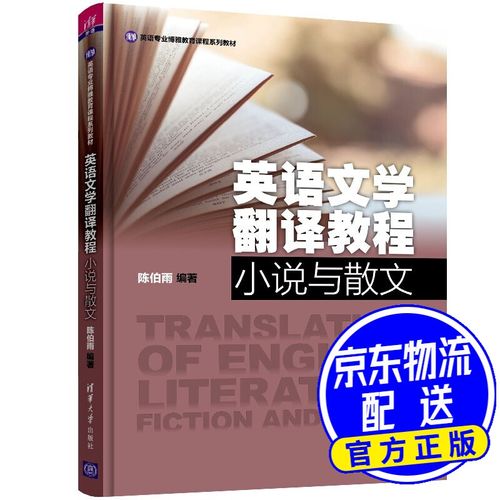文学用英语怎么说
Exploring the Boundaries: Translating "Literature" into English
When it comes to expressing the nuances of human experience, few mediums compare to literature. And while the word "literature" itself seems like a straightforward translation from many languages to English, the complexities lie in the cultural and contextual depths it carries.
At its core, "literature" refers to written works, especially those considered to have artistic or intellectual value. However, this definition only scratches the surface of its meaning in English.
The concept of literature varies across cultures. In English, it often encompasses a wide range of genres, including novels, poetry, drama, essays, and even nonfiction works that exhibit literary merit. It's not solely about entertainment but also about exploring the human condition, reflecting society, and sparking intellectual discourse.
Translating "literature" from one language to another is a delicate art. It's not merely about finding equivalent words but capturing the essence and emotional resonance of the original work.

One of the primary challenges in translating literature is preserving cultural nuances and linguistic subtleties. Certain idioms, metaphors, and wordplay may not have direct equivalents in English, requiring translators to make thoughtful choices that stay true to the original while ensuring readability and comprehension for the target audience.
Translators must navigate a fine line between fidelity to the source text and readability in the target language. It's essential to prioritize clarity without sacrificing the richness of the original work. This often involves making strategic decisions about when to translate literally and when to adapt for cultural relevance.
Despite the challenges, effective translation allows literature to transcend language barriers, enabling readers worldwide to access diverse perspectives, insights, and artistic expressions. It fosters crosscultural understanding and appreciation, enriching the global literary landscape.
In English, "literature" encompasses more than just written works—it represents a gateway to the human experience, offering profound insights, stirring emotions, and sparking imagination. Through the art of translation, these literary treasures can resonate across cultures, bridging divides and fostering a deeper appreciation for the power of language and storytelling.









